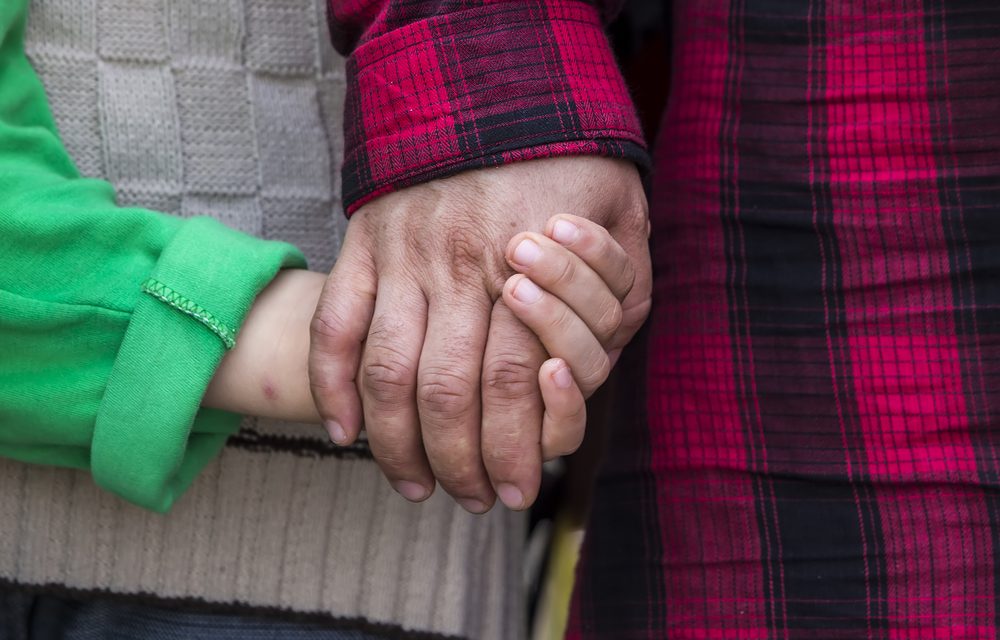An estimated 25,000 families in public housing are of mixed-status, meaning that at least one family member is a citizen, legal permanent resident, or refugee and another member is undocumented. Although undocumented immigrants do not qualify for housing benefits, current rules allow them to live with their families who do qualify. However, this may soon change. Under a new rule proposed by the Department of Housing and Urban Development (HUD), citizens and legal immigrants in public or subsidized housing may be evicted if they have an undocumented family member living with them.
Under current law, a family only needs to declare the number of family members who are eligible or ineligible for the subsidies. If an undocumented family member lives in public housing with the eligible applicant, then the family only receives partial subsidies, which cover only the family members who are eligible citizens or qualifying immigrants. The current system ensures that undocumented family members do not receive any public housing assistance benefit. Because of these strict guidelines, mixed-status families usually end up paying close to market-rate for rent.
HUD’s new proposed regulation would make it so that any family currently receiving a public housing benefit or subsidy, including Section 8 vouchers, would automatically be ineligible for any housing benefit if even one member of their family living in the house is undocumented. Under the new system, every family member’s immigration status would be screened through the Department of Homeland Security’s Systematic Alien Verification for Entitlements (SAVE) system if they are under the age of 62 and currently live in subsidized housing.
The new rule could affect as many as 32,000 people in mixed-status families who currently receive federal housing benefits. Those families would have to choose between eviction or breaking up the family. This puts at risk vulnerable Americans and immigrants who rely on these subsidies for their housing.
HUD argues that these evictions will help reduce wait-lists for public housing, but many low-income housing advocates disagree. Very few, if any, apartments would open because many mixed-status families will opt to split up rather than lose their benefits completely.
This is a mean-spirited attempt at addressing major issues with public housing, including long wait-lists and substandard housing conditions. In New York alone there are currently 209,180 people on line for public housing benefits, with an additional 148,000 on line for Section 8 housing.
HUD’s proposed regulation has been sent to Congress for a 15 day review period before it is published for a 60 day public comment period.
FILED UNDER: featured, Housing, HUD


